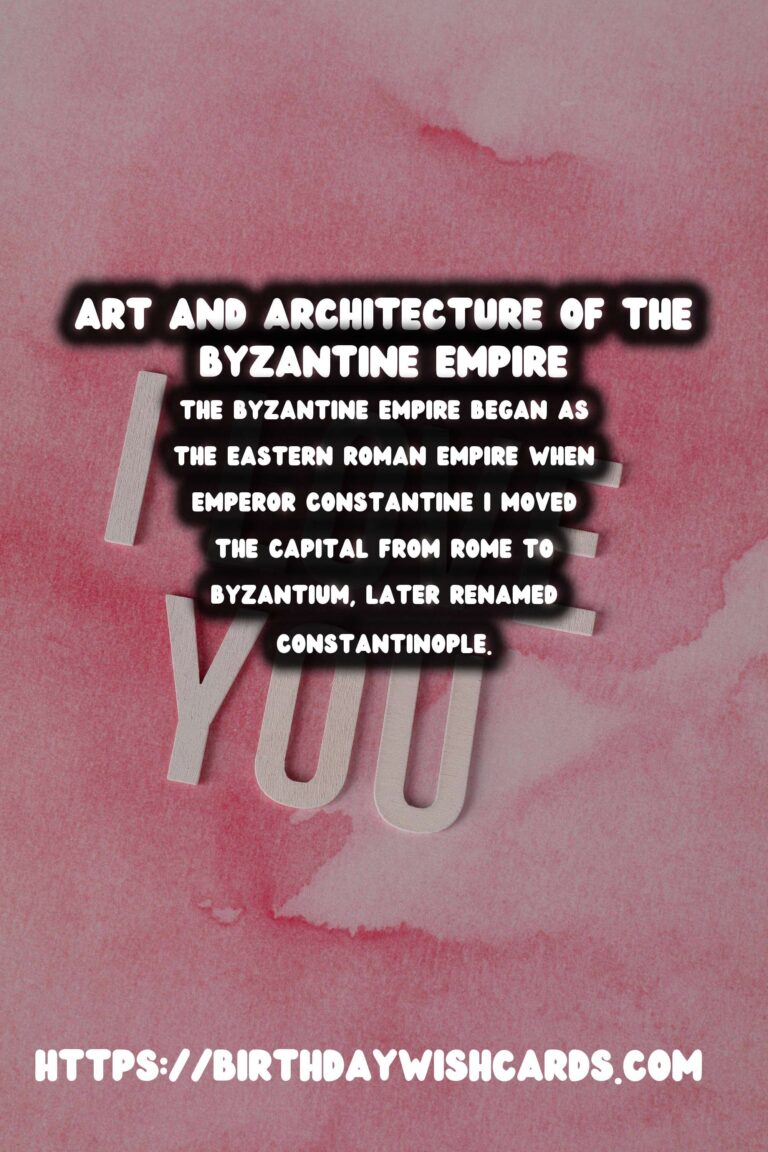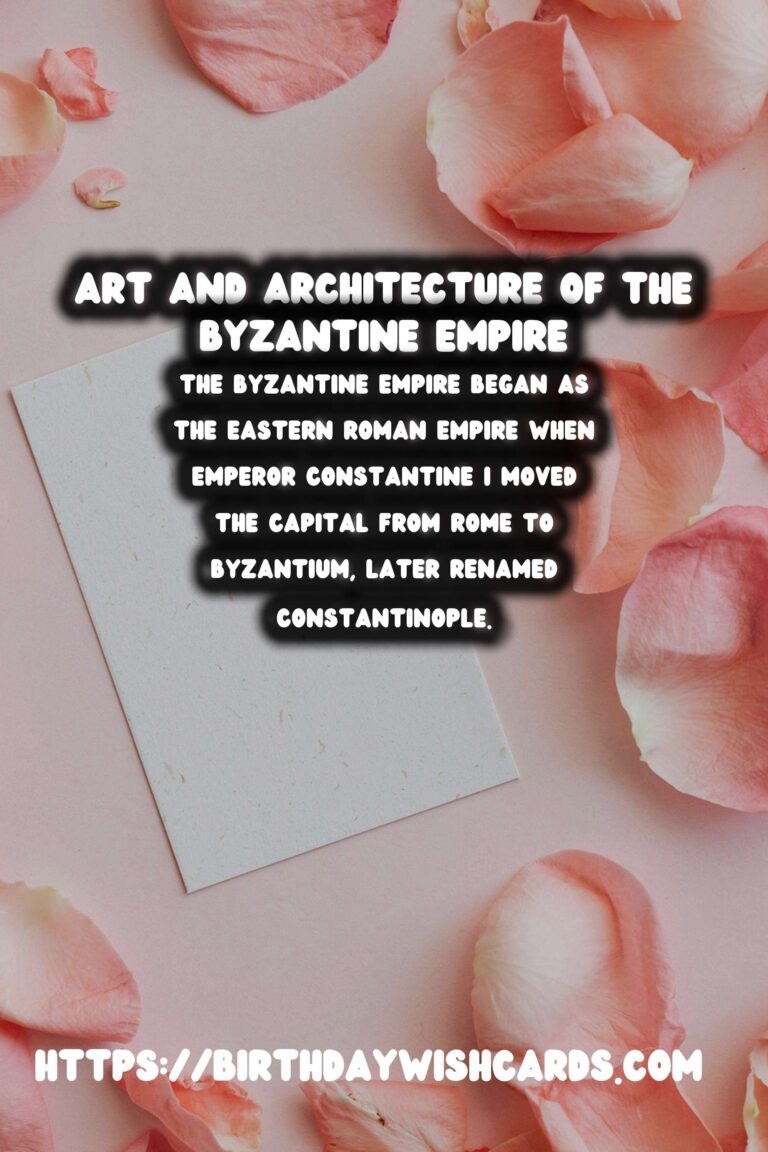
The Byzantine Empire, often overshadowed by its predecessor, the Roman Empire, and its more prominent successor, the Ottoman Empire, left an indelible mark on history. Established in AD 395, following the division of the Roman Empire, Byzantium rose to be a significant cultural and political force in the Eastern hemisphere, influencing art, architecture, and law.
Origins of the Byzantine Empire
The Byzantine Empire began as the Eastern Roman Empire when Emperor Constantine I moved the capital from Rome to Byzantium, later renamed Constantinople. This strategic move enabled the empire to control key trade routes and protect its borders against barbarian invasions. Constantinople soon became the fortress of Christian Orthodoxy and a beacon of civilization amidst medieval Europe’s instability.
Cultural Achievements
Byzantium was a cradle of artistic innovation. It’s renowned for its distinctive style of mosaic art, seen vividly in the Hagia Sophia. Byzantine art was characterized by its religious themes and elaborate iconography, which conveyed spiritual narratives through intricate designs.
Moreover, Byzantine architecture marked a significant transition from Roman construction techniques, emphasizing domed structures and ornate interiors. The Hagia Sophia remains a testament to Byzantine architectural ingenuity, influencing religious structures worldwide.
Legal and Political Influence
The Byzantine Empire’s legal contributions are best encapsulated in the Corpus Juris Civilis, or the Code of Justinian. Commissioned by Emperor Justinian I in the 6th century, this comprehensive legal code influenced European legal systems and paved the way for modern civil law.
Politically, the Byzantine diplomacy was sophisticated and innovative, often preferring negotiation and strategic marriages over outright military confrontation, which helped maintain the empire’s stability and longevity.
The Role of Religion
Religion was a cornerstone of Byzantine life, with the Church exerting a significant influence over state affairs. The Empire saw the rise of Eastern Orthodox Christianity, which splintered from Western Christianity following the Great Schism of 1054. This division not only marked religious discord but also signified cultural divergence in medieval Europe.
Fall of Byzantium
Despite its many strengths, the Byzantine Empire faced numerous challenges. Internal strife, economic struggles, and constant threats from rival empires culminated in its decline. In 1453, the fall of Constantinople to the Ottomans marked the end of the Byzantine Empire, yet its legacy continued to reverberate through history.
The Byzantine Legacy
The Byzantine Empire’s legacy is profound, shaping modern Eastern Europe and the Balkans. The preservation and transmission of classical knowledge through Byzantine scholars during the Renaissance period was pivotal in rekindling Europe’s intellectual pursuits.
The empire’s artistic, legal, and religious contributions live on, reflected in Eastern Orthodox traditions, the architectural grandeur of churches worldwide, and the jurisprudence systems in various nations.
In retrospect, the Byzantine Empire’s synthesis of classical and Christian cultures became a bedrock for future civilizations, affirming its place as a foundation stone of world history.
The Byzantine Empire began as the Eastern Roman Empire when Emperor Constantine I moved the capital from Rome to Byzantium, later renamed Constantinople. Despite its many strengths, the Byzantine Empire faced numerous challenges. 









#ByzantineEmpire #History




